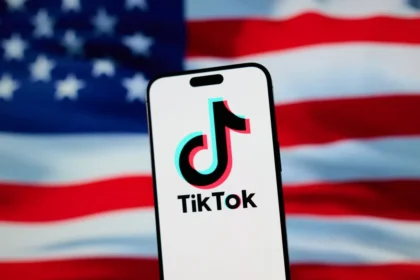Tinder is turning to artificial intelligence in an effort to revive its struggling dating app, which has seen nine consecutive quarters of paying subscriber losses.
Parent company Match Group revealed on Tuesday that Tinder is testing a new AI-powered feature called Chemistry, designed to learn about users through interactive questions and, with permission, access their Camera Roll photos to gain insight into their interests and personalities.
The feature is currently being piloted in New Zealand and Australia and is set to become a “major pillar” of Tinder’s 2026 product lineup, according to Match Group CEO Spencer Rascoff.
Related: Tinder Expands Facial Verification to More U.S. Users
Match’s move follows similar AI integrations by Meta, which recently launched a feature that scans users’ phone photos to suggest AI edits.
Tinder’s Chemistry feature aims to improve match recommendations, for instance, pairing users who both enjoy outdoor activities based on their photo content.
However, Match Group admitted the testing will impact Tinder’s revenue, expecting a $14 million decline in Q4 direct revenue. The company forecasts Q4 revenue between $865 million and $875 million, short of analysts’ $884.2 million estimate.
Beyond Chemistry, Tinder is also using AI to power tools like message nudges (“Are you sure?” prompts before sending potentially offensive texts) and photo selection assistance.
Despite these innovations, Tinder faces a challenging market, younger users are shifting toward real-world dating experiences, and many in the U.S. are cutting back on discretionary spending amid economic uncertainty.
In Q3, Tinder’s revenue fell 3% year-over-year, while paying users dropped 7%. Overall, Match Group’s total revenue rose 2% to $914.2 million, just shy of expectations, with profits of $160.8 million (62 cents per share).






